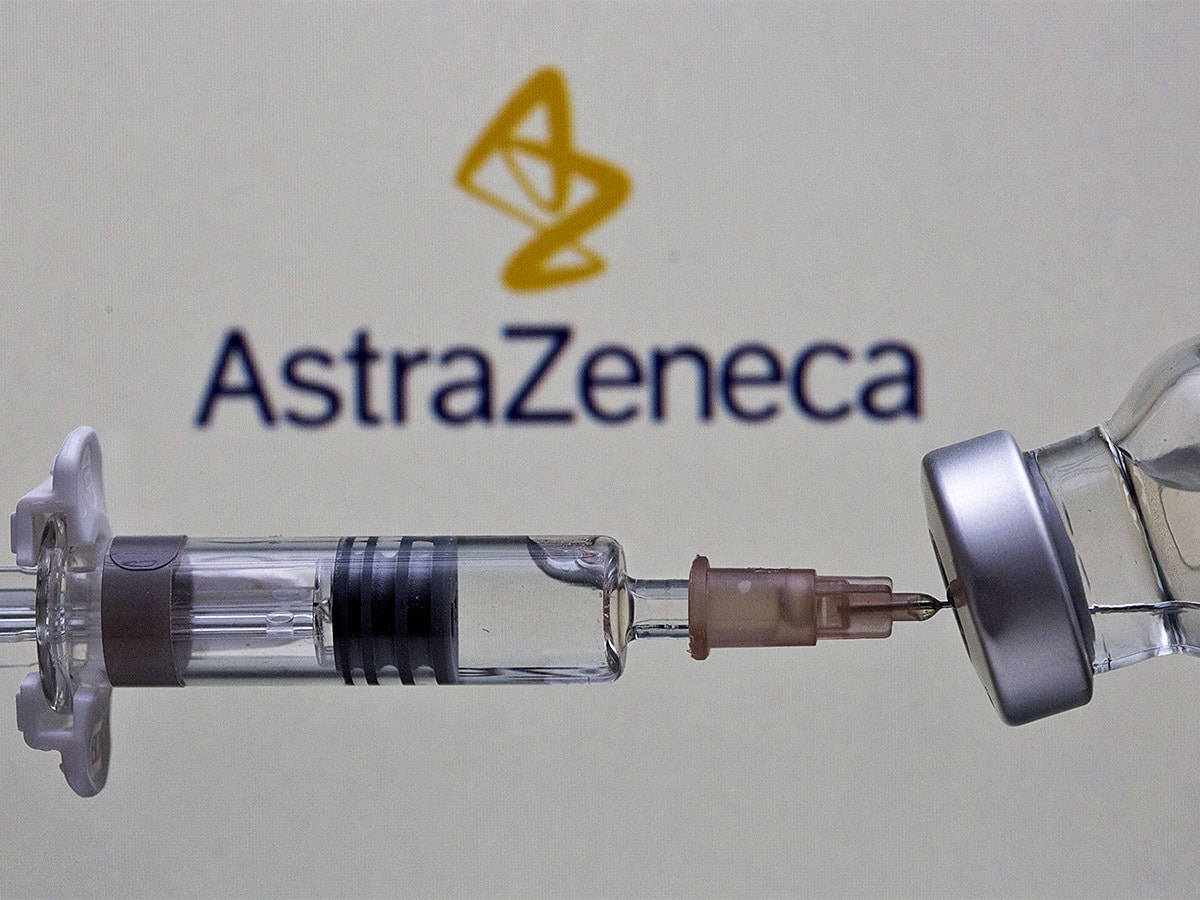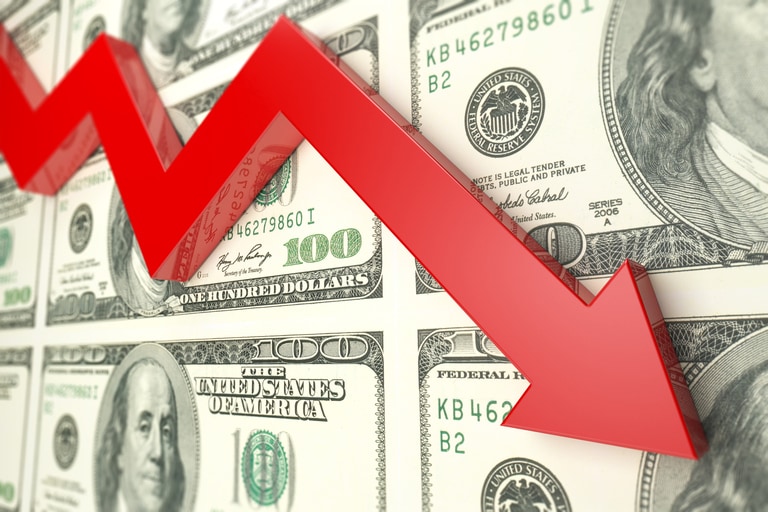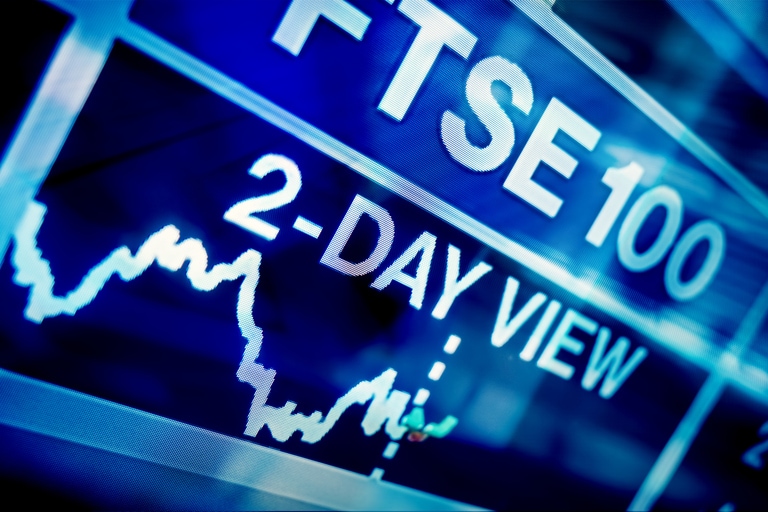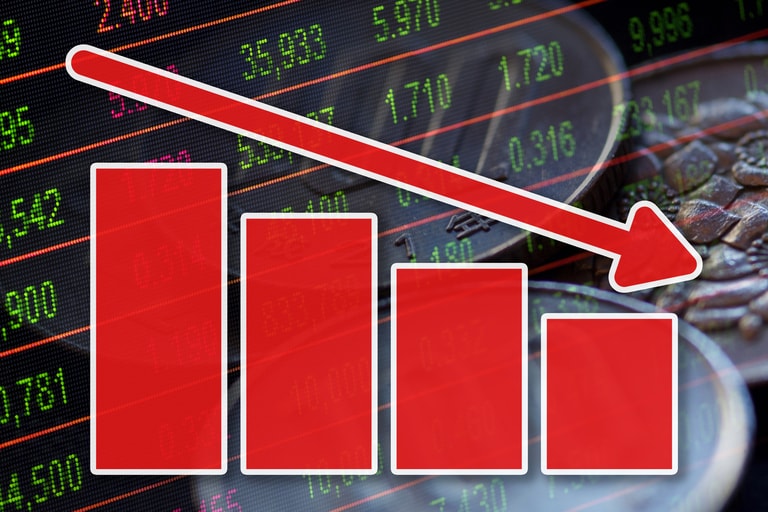For a company that has been at the forefront of the fight against Covid-19, the AstraZeneca share price performance has been very underwhelming.
The stock has been trading at 10-month lows, and is currently sitting around 7,300p. With it's full-year results showing a healthy rise in profits and sales, investors will hope to see some improvement in the AstraZeneca share price.
AstraZeneca share price dented by vaccine pricing
The underwhelming performance may be due to the fact that AstraZeneca's joint venture with Oxford University is producing the vaccine at cost, along with tweaks to any possible variant, in a move that hasn’t been replicated to the same extent by its peers in the industry.
In terms of PR, it probably seemed like a smart move at the time, however given the flak it has received over the slightly slower rollout to production of the vaccine in the European Union, they would probably be forgiven for thinking that no good deed goes unpunished.
The AstraZeneca/Oxford vaccine has a slightly lower efficacy rate than its peers, and isn’t a messenger RNA vaccine unlike the Pfizer and Moderna jabs. It has caused quite a storm in Europe, after the company said it needed to streamline its European operations, in order to be able to increase the plants longer-term productive capacity. This delayed the rollout, with AstraZeneca citing the slower ratification process by the EU in approving the dose.
AstraZeneca looks to build presence across sectors
In terms of other parts of the business, the sector has undergone a significant amount of rationalisation as the big companies confront the multiple challenges of a lack of innovation, expiring drug patents, and increasing regulation. AstraZeneca has been at the forefront of this, looking to acquire Gilead Sciences in the middle of last summer, only for that deal to fall through, before acquiring Alexion at the end of last year for $39bn, as it looked to build up its presence in the field of immunology.
AstraZeneca already has a strong presence in oncology (cancer) which helped to generate over a third of its annual revenue. The other two are cardiovascular and renal, as well as respiratory and immunology, which has grown in importance with the Alexion deal.
Research into rare diseases generally tends to generate high prices due to higher margins. One of Alexion’s drugs, Soliris, which treats rare blood disorders costs roughly $600,000 a year, while Ultomiris costs a similar amount.
Profits and spending both rise in full-year results
R&D spend this year has seen a big increase, coming in at $5.99bn, while this year’s full-year revenue came in above expectations at $26.6bn, a rise of 9%. This included $2m of Covid-19 vaccine sales, a number which in the upcoming financial year will be split out separately.
Product sales rose by 10% to $25.9bn, with most products seeing a return above expectations, though there were some areas that underperformed. Given the pandemic, this wasn't unexpected with immunology sales declining 1% due to the impact of Covid-19 in its Chinese markets.
Profit-after-tax came in at $3.14bn, a decent increase on last year's $1.23bn, while total earnings per share rose 15% to $4.02 a share, with expectations for 2021 of $4.75 to $5 a share. The dividend was kept unchanged at $2.80 a share
Minor misses unlikely to impact AstraZeneca share price
Some of these numbers have come in below analyst expectations, however with the AstraZeneca share price down more than 15% over the last three months, one has to question whether these minor misses will matter that much.
Product sales showed some shortfalls, however that is probably down to lower demand in some areas due to the pandemic. Revenue for Brilinta, AstraZeneca's blood-thinning product, came in short, however on most other products revenue met, or exceeded, expectations.
In terms of guidance for 2021, AstraZeneca has said it expects total revenue to rise by a low-teens percentage, adding the caveat that it doesn’t include any revenue or profit impact from sales of the Covid-19 vaccine, with the intention that it will report these in the next quarter. The guidance also excludes any impact from its recent acquisition of Alexion, which is due to close in Q3 2021.
Disclaimer: CMC Markets is an execution-only service provider. The material (whether or not it states any opinions) is for general information purposes only, and does not take into account your personal circumstances or objectives. Nothing in this material is (or should be considered to be) financial, investment or other advice on which reliance should be placed. No opinion given in the material constitutes a recommendation by CMC Markets or the author that any particular investment, security, transaction or investment strategy is suitable for any specific person. The material has not been prepared in accordance with legal requirements designed to promote the independence of investment research. Although we are not specifically prevented from dealing before providing this material, we do not seek to take advantage of the material prior to its dissemination.







